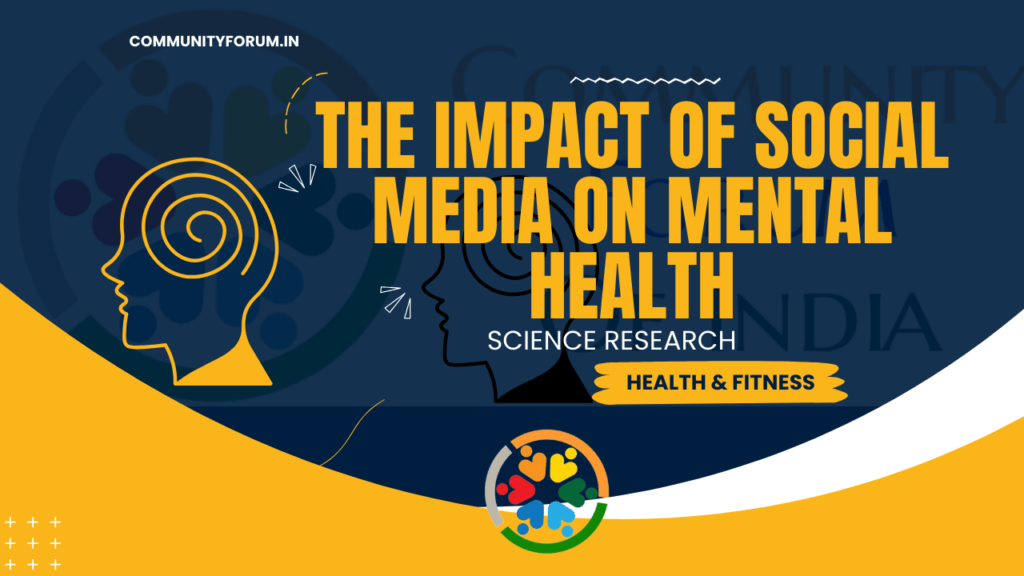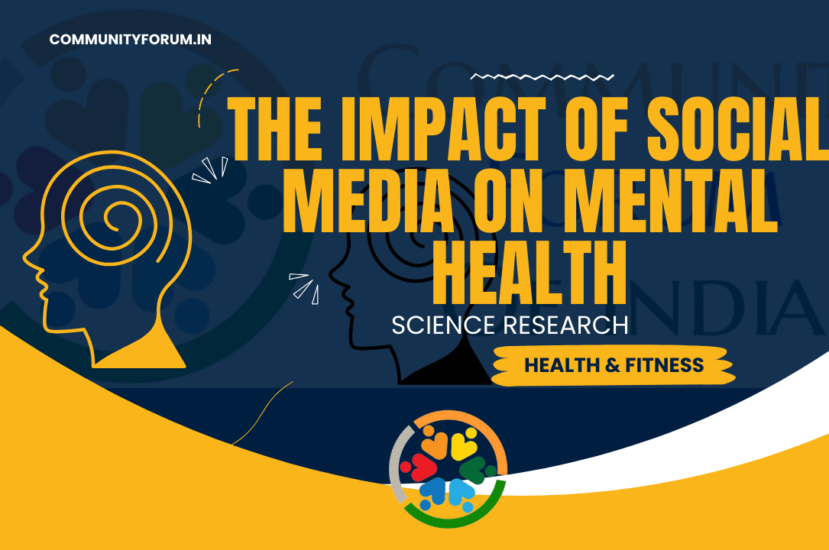Table of Contents
The impact of social media on mental health
In today’s hyper-connected world, social media has become an inescapable part of our lives. From checking updates on the morning train to posting brunch pics with friends, it’s a constant source of information, entertainment, and connection. But what about the impact of social media on our mental well-being? Is it a harmless way to stay in touch, or is there a darker side lurking beneath the curated feeds and filtered selfies?
The Sunny Side: Connection, Community, and Support
Let’s not paint a bleak picture. Social media can be a powerful tool for good. It connects us with loved ones near and far, fosters communities around shared interests, and offers platforms for self-expression and creativity. For those struggling with loneliness or isolation, it can be a lifeline, providing a sense of belonging and support. Sharing experiences and finding others who understand can be incredibly empowering, especially for individuals facing mental health challenges.

The Shadow Side: FOMO, Comparison, and Anxiety
But the curated world of social media can also have a negative impact. The constant barrage of perfectly-lit vacation photos and seemingly flawless lives can trigger feelings of inadequacy and envy. The fear of missing out (FOMO) can lead to anxiety and a sense of never being enough. Social comparison, particularly when comparing our real lives to the carefully crafted online personas of others, can erode self-esteem and contribute to depression and anxiety.
Cyberbullying and the Amplification of negativity
The anonymity of online spaces can embolden bullies, making cyberbullying a serious concern. The constant exposure to negativity, from news headlines to online arguments, can also take a toll on mental health. Algorithms designed to keep us engaged can trap us in echo chambers, reinforcing existing biases and anxieties.
Crack the IITs in 2024: Your Ultimate Guide to JEE Advanced – Community Forum
Finding the Balance: A Social Media Detox Guide
So, what’s the answer? Should we ditch social media altogether? Not necessarily. The key is finding a healthy balance and using the platform consciously. Here are some tips:
- Be mindful of your time: Set limits on your daily screen time and stick to them. Consider taking breaks throughout the day to unplug and recharge.
- Curate your feed: Unfollow accounts that make you feel bad about yourself or contribute to negativity. Follow accounts that inspire, uplift, and bring joy.
- Focus on real-life connections: Prioritize face-to-face interactions with friends and family. Schedule phone calls or video chats instead of relying solely on social media.
- Be authentic and mindful of what you share: Remember that social media is a highlight reel, not reality. Don’t compare your behind-the-scenes moments to someone else’s curated highlights.
- Engage critically: Don’t believe everything you see online. Be skeptical of information and challenge your own biases.
- Seek help if needed: If you find that social media is negatively impacting your mental health, don’t hesitate to seek professional help.
Remember, social media is a tool, and like any tool, it can be used for good or bad. It’s up to us to use it consciously and prioritize our mental well-being above the dopamine rush of likes and followers. Let’s scroll smart and stay mindful, because our mental health deserves it.



